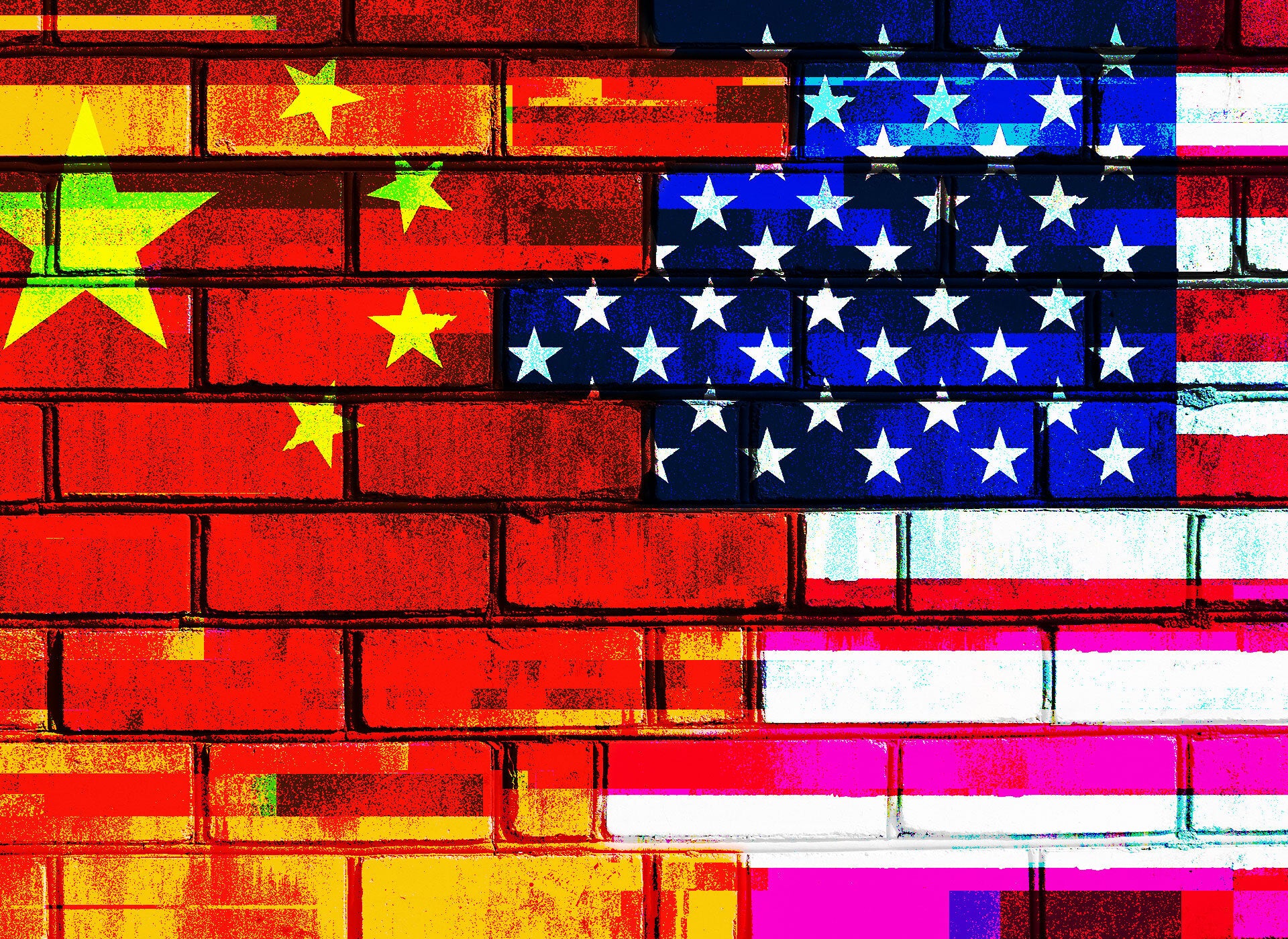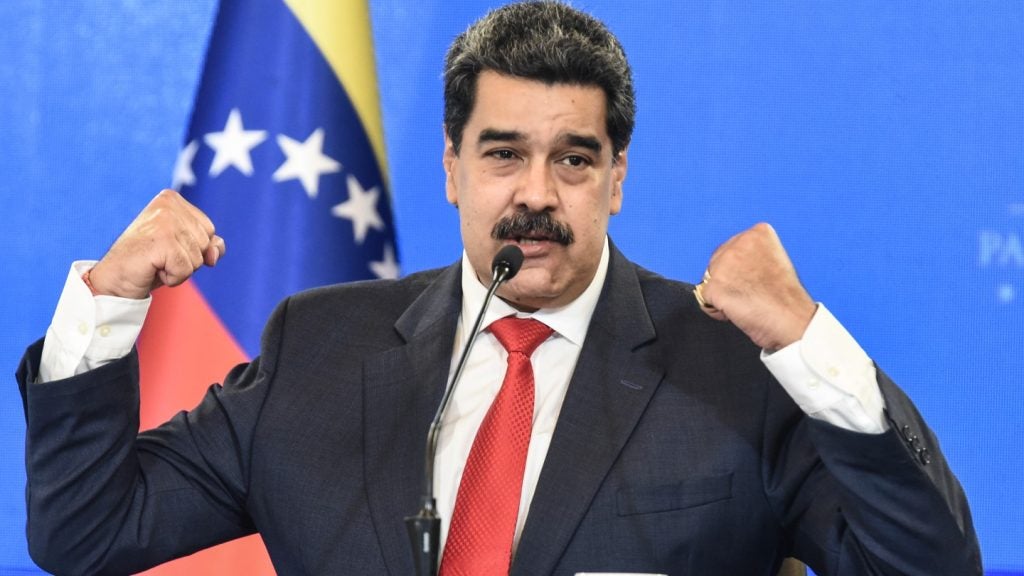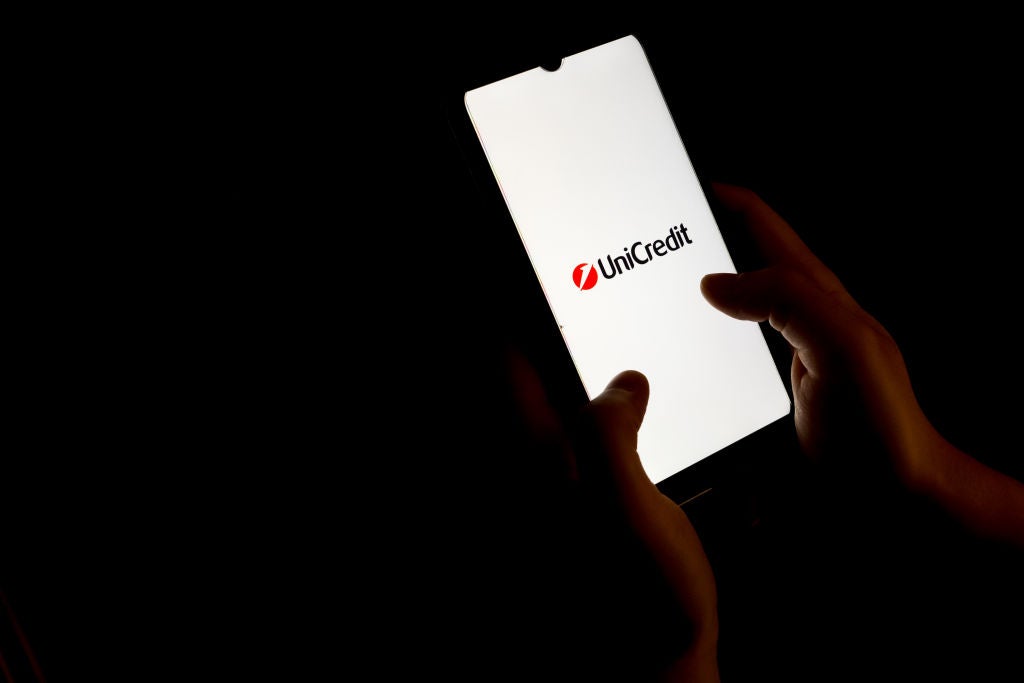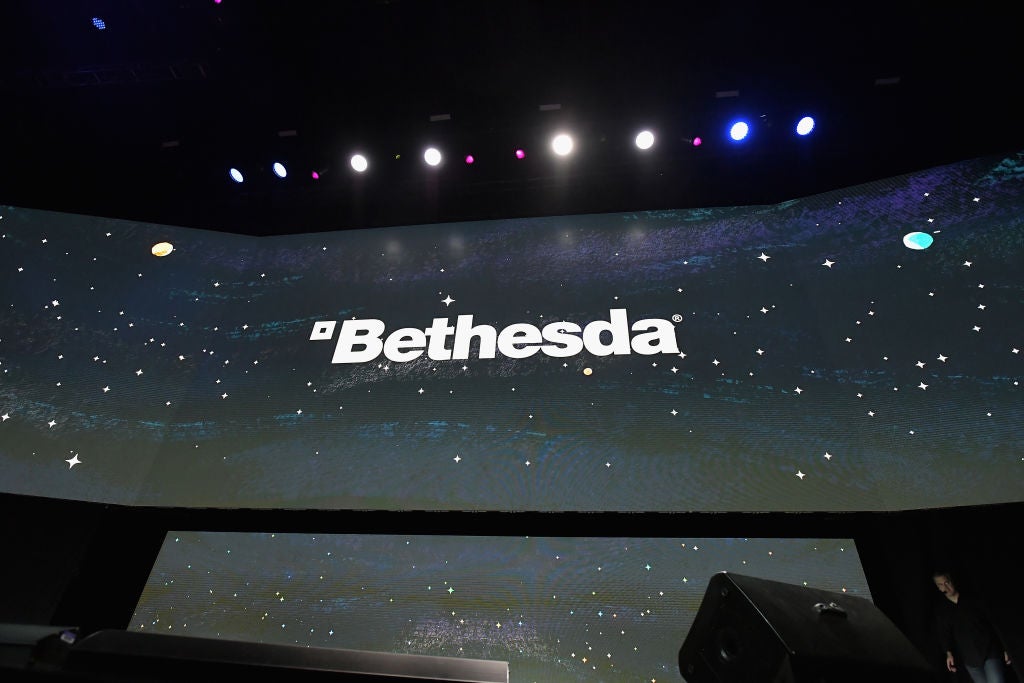
Huawei was never going to be enough for Donald Trump. What started as the White House’s 5G Clean Path, an initiative to “secure” critical telecommunications from “malign actors”, has now been expanded to target Chinese mobile apps, Chinese cloud servers and Huawei’s access to US apps.
Announced on Wednesday by Secretary of State Mike Pompeo, the Clean Network Program has raised concerns that the US will create a so-called “splinternet”, in which the global internet becomes fragmented by location.
China already has its own parallel internet, dubbed the “Great Firewall”, where US websites such as Google and Facebook are banned.
But will Clean Network lead to something similar in the US, and mark a reversal of America’s long-standing position as a free internet champion?
Clean Network is full of uncertainty
At the moment, there are too many unknowns at play. First, Pompeo’s announcement is not legally binding and it has not received Congressional funding or approval. It is merely a roadmap – if a messy one with potentially far-reaching consequences.
Second, the comparison might be premature given China’s Great Firewall also encompasses state media and information censorship which – for now, at least – is not part of the Clean Network plan.
How well do you really know your competitors?
Access the most comprehensive Company Profiles on the market, powered by GlobalData. Save hours of research. Gain competitive edge.

Thank you!
Your download email will arrive shortly
Not ready to buy yet? Download a free sample
We are confident about the unique quality of our Company Profiles. However, we want you to make the most beneficial decision for your business, so we offer a free sample that you can download by submitting the below form
By GlobalData“China telecoms have significant operations in the US and have engaged in massive data sucking operations because of their US-based operations,” said Christopher Balding, associate professor at the Fulbright University Vietnam, via Twitter.
“Blocking their ability to divert all internet traffic in the US through China is not a Great Firewall.”
And third, implementing the proposals outlined in Clean Network is likely to be fraught with logistical challenges.
“The specifics don’t add up terribly well. They don’t speak to a good understanding of how networks function, or a very clear idea of how this is expected to be implemented,” Maria Farrell, an independent researcher in international tech policy, told The Verge.
“That does make it seem like more of a rhetorical exercise.”
For example, the ‘Clean Carrier’ aspect aims to prevent Chinese carriers from providing “international telecommunications services to and from the United States”.
This could create data roaming problems, says Amy Karam, fellow at the Canadian Global Affairs Institute, and author of The China Factor.
“If a US citizen is in Kenya and they have a Huawei network, are they not allowed to call home?” she told Verdict. “It’s more a geopolitical statement in my opinion.”
Trump’s persistence
Geopolitics has been the consistent theme running through Trump’s approach to Chinese technology companies. Washington cited espionage concerns against Huawei as key driver for its allies – including the UK – to ban the company, but is yet to provide definitive proof of foul play.
But what the Trump administration lacks in substance it is making up for in its persistence.
On Thursday, Trump signed an executive order banning transactions with ByteDance, the Chinese parent company of popular video-sharing app TikTok, and Chinese tech giant Tencent, parent company of super app WeChat.
Both orders will take effect in 45 days, but once again the details behind these moves are scarce and experts say they are likely to face legal challenges.
To counter US sanctions, TikTok has sought to distance itself from its Chinese operations. Microsoft is in talks to buy the US arm of the hugely popular app, which could lead to a splintering of brands.
WeChat, which is ubiquitous in China but has a smaller presence in the US, was a more surprising inclusion. But it indicates the extent to which the White House is prepared to go to in limiting Chinese technology firms’ presence in the US.
.@SecPompeo: I'm pleased to announce the expansion of the Clean Network with the launch of five new lines of effort. We call on all freedom-loving nations and companies to join the Clean Network. pic.twitter.com/dFYjEA4GuZ
— Department of State (@StateDept) August 5, 2020
The ‘Clean Cloud’ aspect of Clean Network prevents US citizens’ and businesses’ sensitive data being “stored and processed” on cloud-based systems accessible by China. In the borderless world of data transfers, this could see customers of Chinese cloud providers Alibaba, Baidu and Tencent brought into the fray.
For example, US car manufacturer Ford and American language-learning app Duolingo are listed as Alibaba cloud customers.
It also creates headaches for non-US firms, such as Finnish telecommunications firm Nokia, which has a US presence and customers but counts Tencent and Baidu among its cloud providers.
Levelling the playing field
However, there could be positives from Clean Network, says Karam. China has long played to a different set of rules to the rest of the world, from its early copying of intellectual property to weaker data protections rules that give it an advantage when training data-hungry artificial intelligence algorithms.
“It’s good that the USA is working with allies on addressing the security concerns around networks,” says Karam.
“The first step of taking a defence approach, levelling the playing field and getting to the point of heightened security and competitiveness in tech will allow for the current dynamics with China to be recalibrated and hopefully the threats will eventually be mitigated.”
Perhaps the biggest unknown in the Clean Network Program is the fate of the man spearheading it. On 3 November, Americans head to the polls. While there is strong bipartisan support for limiting the reach of Chinese tech firms, presumed Democratic nominee Joe Biden is likely to take a more moderate stance than Trump.
Should Trump win, however, he will have a mandate and ample time to try and implement his Clean Network proposals. Where Trump failed to build a physical wall between the US and Mexico, he may yet succeed in building a digital wall with China.
Read more: TikTok mulls selling US arm to Microsoft, but could UK move enrage Trump?






